Quentin Gausset, Justin Kenrick, and Robert Gibb note that there are two separate conversations within their own discipline (anthropology) that involve different scholars and different families of examples.
In one conversation, the keyword is “indigenous,” and it applies either to “hunter-gatherers and nomads whose livelihood and culture is threatened by encroachment from their neighbours and state … or to groups who occupied a territory before it was forcibly settled by colonising powers and have struggled ever since to maintain some control over what was left of their resources.”
For instance, I am sitting on land where the Wampanoag are indigenous, a few miles from the offices of a federally recognized Wampanoag tribe.
In the other conversation, the keyword is “autochthonous” (born in the place) and it refers to large populations–often the majority in a given country–who “believe that their resources, culture or power are threatened by ‘migrants’.”
Anthropologists have had opposite reactions to these two families of cases:
[They] have tended to display sympathy and support for indigenous peoples (such as marginalised nomads) while often being highly critical of those advancing autochthonous claims (for example, extreme right-wing parties in European countries…). While indigenous movements are often idealised as innocent victims, or even as globally concerned and ecologically sound, autochthonous movements are, on the contrary, demonised and their agenda is reduced to ‘the exclusion of supposed “strangers” and the unmasking of “fake” autochthonous, who are often citizens of the same nation-state.’
As these authors note, a dictionary treats the two words as synonyms. Thus the existence of parallel discourses is noteworthy. We could add a third conversation about “irredentism,” a belief that a given nation should regain control over all of its former territory. Irredentist claims are usually seen as bellicose and nationalistic. Fascism is often autochthonous and irredentist. We don’t typically describe fascists as the “indigenous” populations of their countries–although they may see themselves that way.
Given the availability of these three terms–with overlapping meanings but different ethical valences–all kinds of intriguing uses emerge.
Erich Fox Tree observes that migrants to the USA from Central America increasingly identify as indigenous within the United States. Their claim is “somewhat irredentist, by asserting a super-territorial homeland” that spans the continent. However, in my view, they are expressing an understandable Latino/Native solidarity and opening possibilities for powerful coalitions within the USA.
According to Cheryl L. Daytec-Yañgot, “Tribal Peoples in Africa, such as the San or Maasai, self identify as indigenous to participate in indigenous discourses in the UN, even though their occupation of the region they inhabit does not predate those of other groups.” Meanwhile, “white Afrikaners from South Africa claimed indigeneity and attempted to forward their agenda to the UN Working Group on Indigenous Populations.”
Daytec-Yañgot notes that the discourse of indigeneity is “Eurocentric.” To put it a slightly different way, I would say that concerns about the oppression of indigenous minorities arise in settler countries–places, like the USA, Australia, or Argentina, where European conquerors came in very large numbers and numerically overwhelmed the original inhabitants. This model does not fit well in much of Asia and Africa, where imperialism was also devastating but the imperialists were limited in number and have mostly gone back home. It also doesn’t fit contexts like the Caribbean, where the majority population was transported against their will to replace the older inhabitants. In at least some important cases, the most threatened groups are minorities who migrated in and are accused of being interlopers. For instance, Hindu Nationalism often presents adherents of the dharmic religions as indigenous, and Muslims (as well as Christians) as the legacy of imperialism. But Muslims are now the threatened group in India.
There is nothing wrong with the mixed affective responses of anthropologists and others. It seems right to sympathize with indigenous groups in places like Massachusetts and to criticize autochthonous majorities who want migrants to “go home” (even though the words indigenous and autochthonous are synonyms). These judgments can be consistent with appropriate theories of justice, ones that take account of past injustices, current patterns of inequality and domination, the intrinsic value of cultures, the equal rights of all human beings, and ecological considerations.
It is a curiosity that we have two sets of vocabulary for different categories, but the ethical variation is not surprising. As always, the empirical study of human beings is inseparable from value-judgments, and the objective is to get our judgments (as well as our facts) right. Being explicit about the basis of our judgments helps: it allows us to test them in dialogue with other people. But explicitness is not sufficient: the point is to improve our judgments.
See also these posts about ethical judgments embedded in social science: when is cultural appropriation good or bad? and what is cultural appropriation?; social justice should not be a cliché; science, law, and microagressions; morality in psychotherapy; insanity and evil: two paradigms; protecting authentic human interaction; is all truth scientific truth?; and don’t confuse bias and judgment.
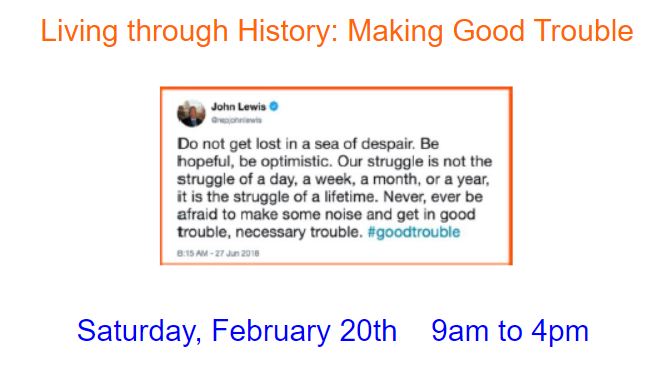
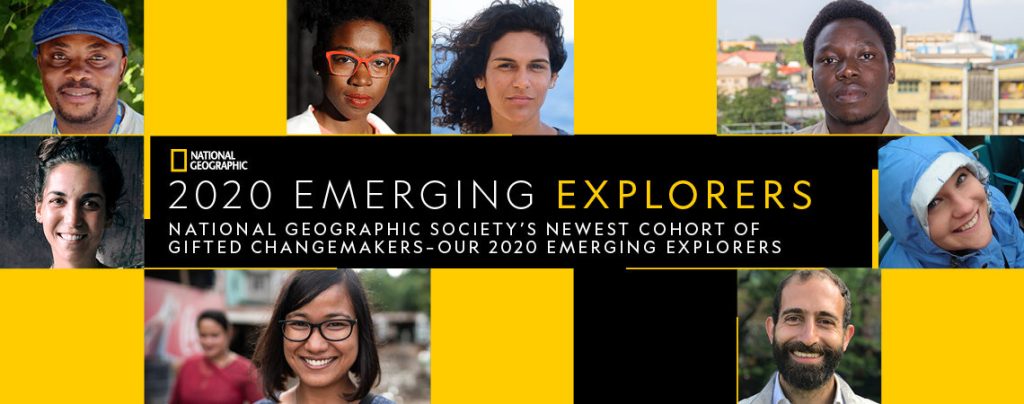

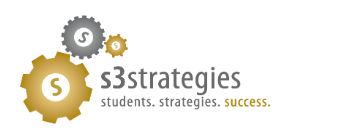
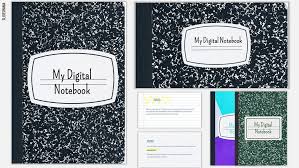


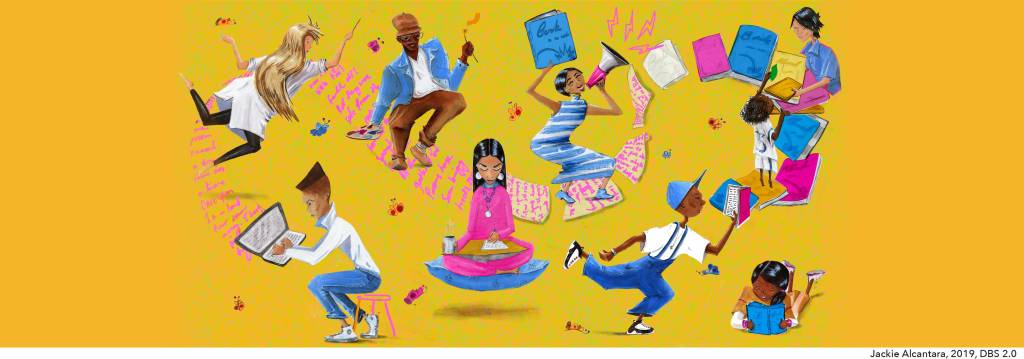

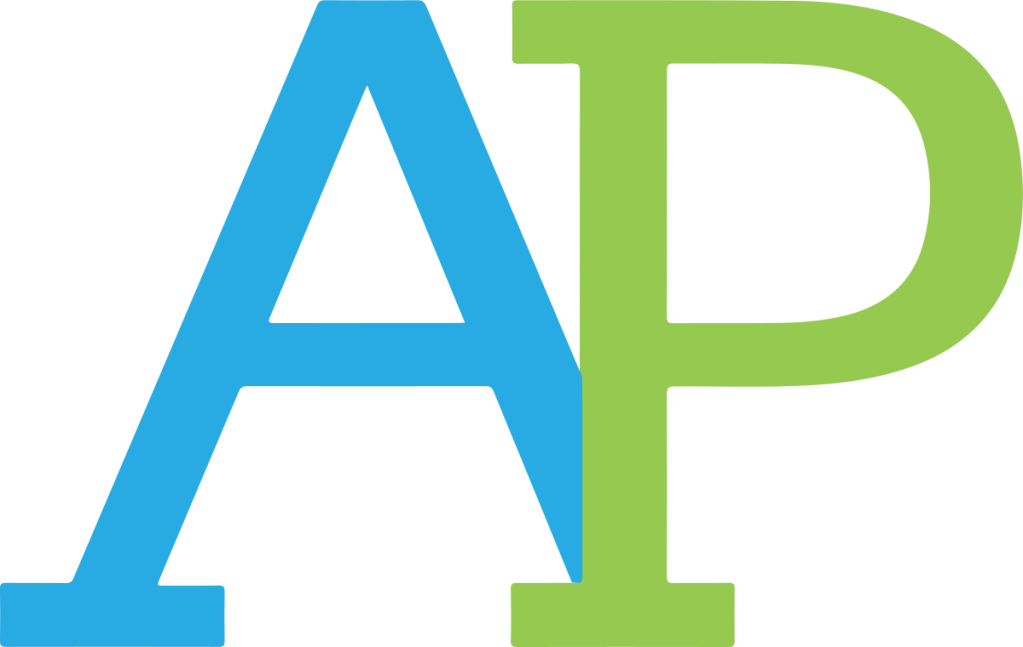
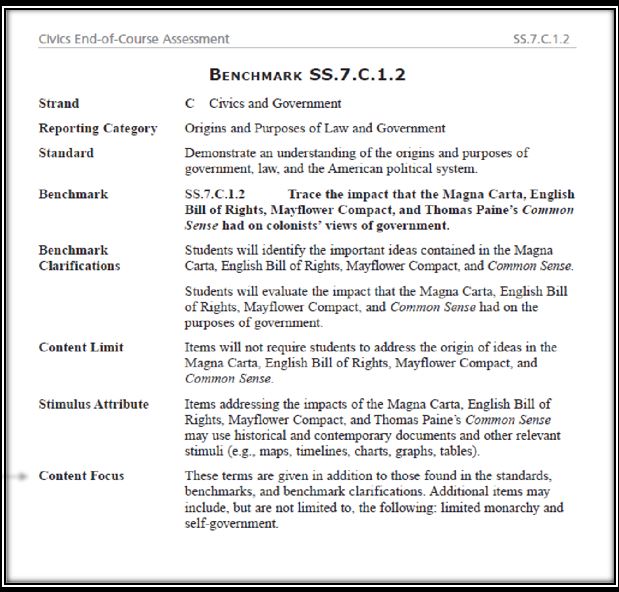
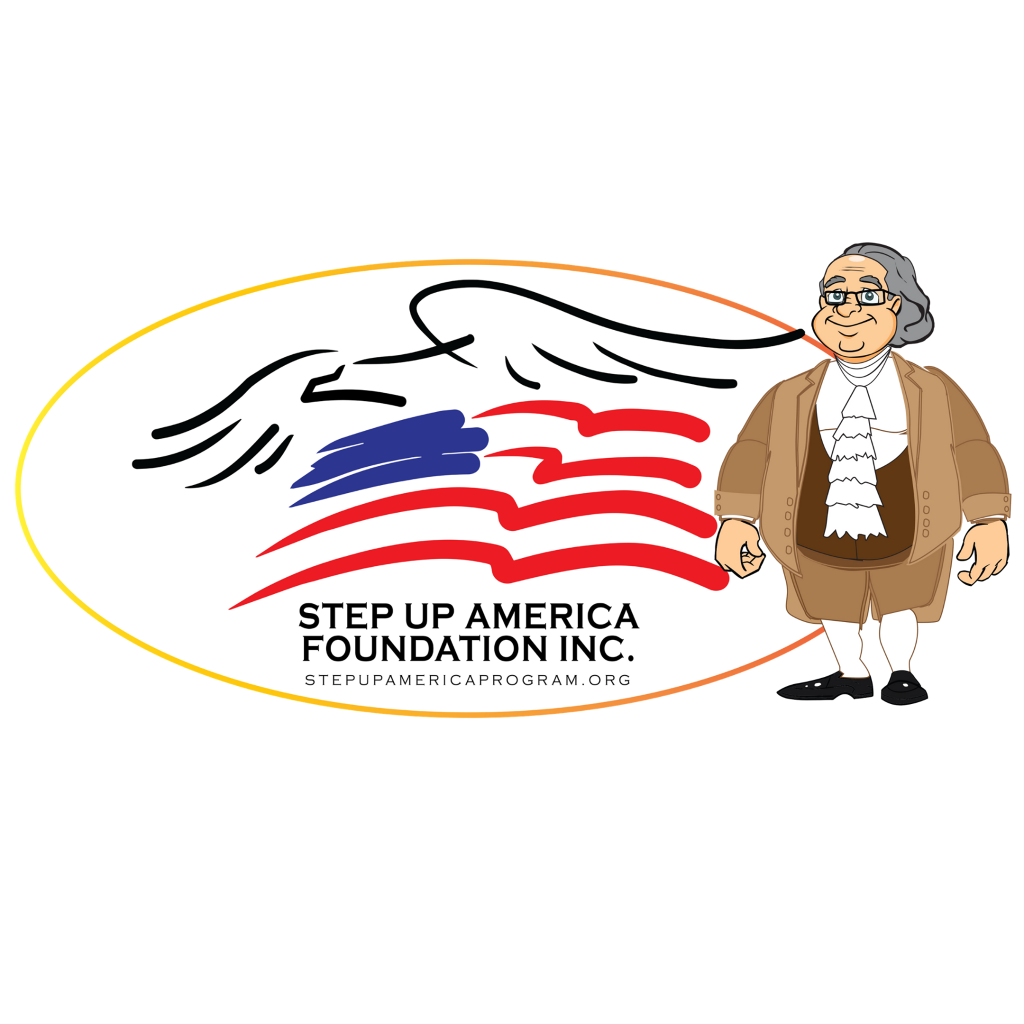

 Informed by decades of experience, Race in America: A Dialogue Guide will provide a roadmap for you to lead courageous, constructive conversations about race in your community.
Informed by decades of experience, Race in America: A Dialogue Guide will provide a roadmap for you to lead courageous, constructive conversations about race in your community.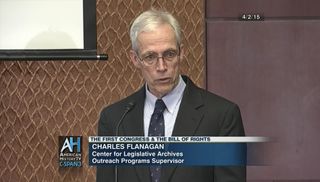
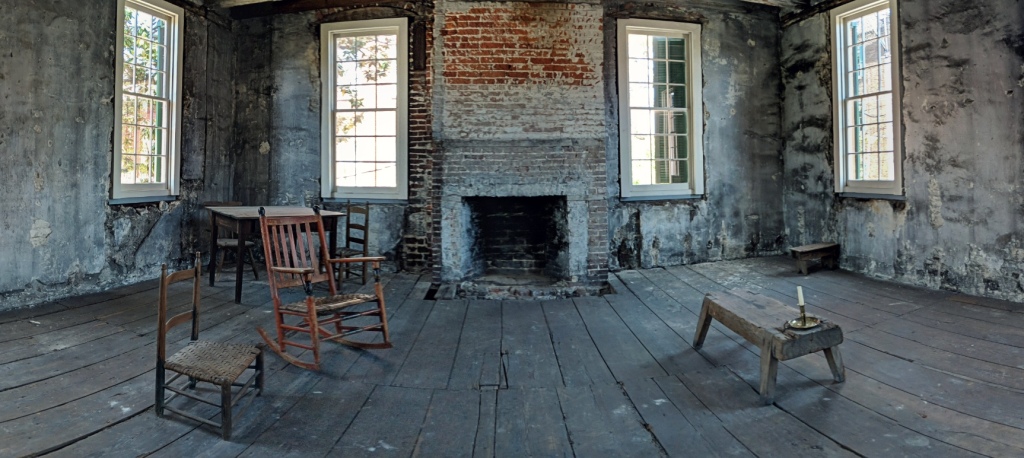
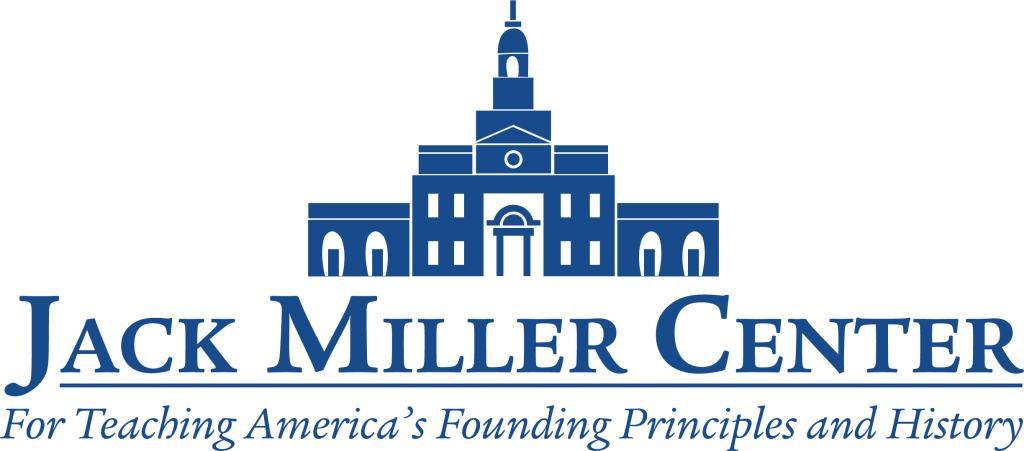
 With a deadly pandemic, an economic crisis, events highlighting racial inequity and a political crisis, 2020 was a year of hardship and turmoil for America’s communities. As we begin a new year, the National Civic Review offers these unique perspectives on how the public, private, and nonprofit sectors can work together on innovative strategies to promote civic renewal, community resilience, and individual well-being.
With a deadly pandemic, an economic crisis, events highlighting racial inequity and a political crisis, 2020 was a year of hardship and turmoil for America’s communities. As we begin a new year, the National Civic Review offers these unique perspectives on how the public, private, and nonprofit sectors can work together on innovative strategies to promote civic renewal, community resilience, and individual well-being.

